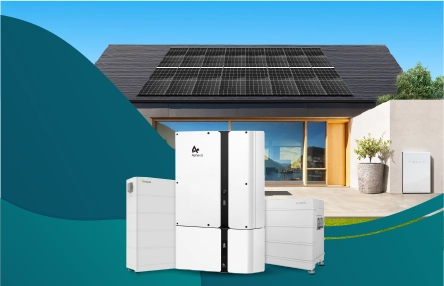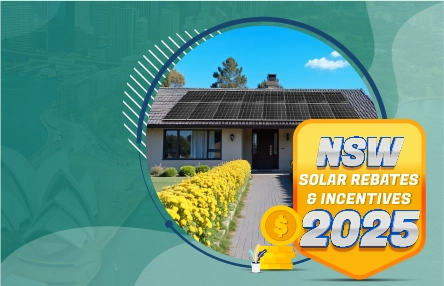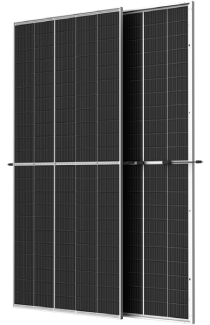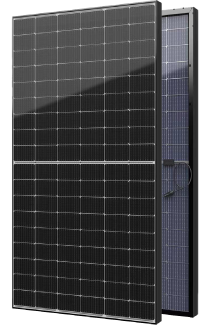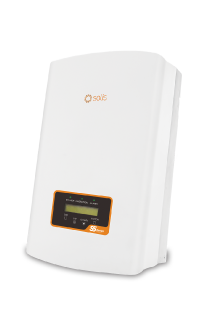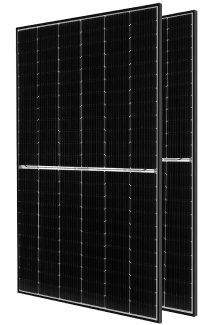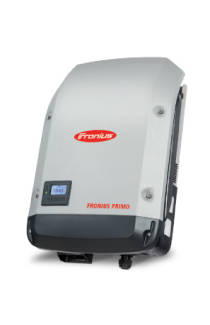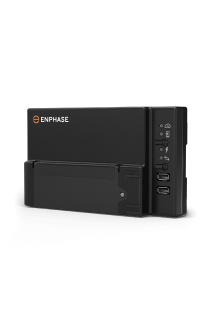Australia is increasingly turning to solar energy as a viable and sustainable power source, thanks to its abundant sunlight and the growing awareness of environmental issues.
As more Australians adopt solar systems, it's crucial to understand the factors that influence solar system performance to ensure maximum efficiency.
This article focuses on solar panel maintenance tips, efficiency tips, and the performance factors that impact the effectiveness of solar systems.
Solar System Performance in Australia
Australia's adoption of solar energy is on the rise, with more households and businesses installing solar panels to harness clean energy. The geographic location and climate of a region play a significant role in solar system performance.
For instance, areas with higher solar irradiance, such as Queensland and South Australia, offer more potential for solar energy generation compared to regions with frequent cloud cover.
Factors Affecting Solar Panels
Several factors affect the efficiency and performance of solar panels.
1. Types of Solar Panels:
Different types of solar panels, such as monocrystalline, polycrystalline, and thin-film, have varying efficiency levels. Monocrystalline panels are known for their high efficiency and longevity, making them a popular choice for residential installations.
2. Quality and Efficiency Ratings:
The quality of the panels and their efficiency ratings are crucial. Higher-rated panels usually offer better performance and longer warranties. Investing in high-quality panels can result in better solar energy efficiency over time.
3. Orientation and Tilt Angle:
The orientation and tilt angle of solar panels significantly impact their performance. In Australia, panels should ideally face north to capture maximum sunlight throughout the day. The tilt angle should be adjusted based on the latitude of the installation site to optimize solar exposure.
Solar Panel Upkeep Tips
Regular maintenance is essential to ensure that solar panels operate at their best. Here are some solar panel maintenance tips to enhance solar energy efficiency.
1.Cleaning Methods and Frequency
Importance of Cleaning:
Dust, dirt, bird droppings, and other debris can accumulate on the surface of solar panels, blocking sunlight and significantly reducing their efficiency. Regular cleaning is crucial to maintain optimal performance.Effective Cleaning Methods:
Cleaning the panels with water and a soft brush is generally sufficient. This method removes most of the surface dirt without causing damage. For tougher stains or bird droppings, a mild, non-abrasive soap can be used.Avoiding Damage:
It's important to avoid using harsh chemicals, abrasive materials, or high-pressure water jets, as these can damage the panels and their surface coatings. Instead, opt for gentle cleaning solutions and tools specifically designed for solar panel maintenance.Frequency of Cleaning:
The frequency of cleaning can depend on the location and environmental conditions. In areas with high dust or pollution levels, more frequent cleaning (every few months) may be necessary. In cleaner environments, an annual cleaning might suffice.
By implementing these solar panel maintenance tips, you can ensure that your solar panels continue to operate efficiently, maximizing solar energy efficiency and extending the lifespan of your investment.
Regular maintenance not only helps in maintaining performance but also prevents costly repairs and ensures the safety of the system. Make sure to follow these solar panel maintenance tips and apply them diligently to your solar panels for the best results.
2.Routine Inspections and Professional Servicing
Visual Inspections:
Conduct regular visual inspections to check for any obvious signs of damage, such as cracks, chips, or discoloration on the panels. Also, look for loose connections, wiring issues, or any signs of wear and tear on the mounting system.Professional Servicing:
Even if no issues are apparent, professional servicing at least once a year is recommended. Professionals can perform thorough inspections and testing that go beyond what a homeowner can typically do, identifying potential issues that might not be immediately visible.Performance Monitoring:
Regularly monitor the performance of your solar system using any available monitoring tools or apps. Significant drops in performance can indicate underlying issues that need to be addressed.Preventive Maintenance:
Preventive maintenance can include tightening any loose bolts, checking the inverter for error messages, and ensuring that all electrical components are functioning correctly. Professional technicians can also check for and fix potential issues before they become serious problems.Documentation:
Keep detailed records of all maintenance activities, including dates of cleaning and inspections, as well as any repairs or services performed. This documentation can be helpful for warranty claims and future maintenance planning.
Solar Energy Performance Factors
Several key factors influence the performance of a solar system:
Temperature and Weather Conditions:
Solar panels perform optimally at moderate temperatures. Extremely high temperatures can reduce their efficiency. Additionally, weather conditions like cloud cover and shading from nearby structures or trees can impact the amount of sunlight reaching the panels, affecting solar energy efficiency.
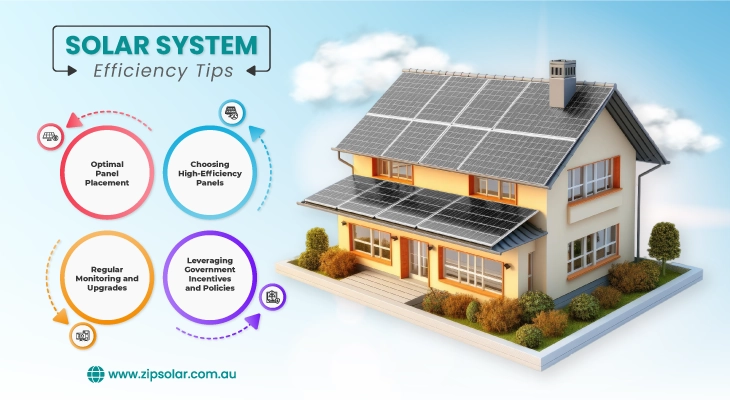
To maximize solar system competence, consider the following tips:
Optimal Panel Placement:
Ensure that panels are placed in an area with maximum sunlight exposure, free from shading by trees or buildings. Regularly trim any overhanging branches to prevent shading.Choosing High-Efficiency Panels:
Invest in high-efficiency solar panels that offer better performance and longevity. Look for panels with high-efficiency ratings and good warranties.Regular Monitoring and Upgrades:
Use monitoring systems to keep track of your solar system's performance. Regular monitoring can help identify issues early and ensure that the system operates efficiently. Upgrading components like inverters can also enhance overall system performance.Leveraging Government Incentives and Policies:
Take advantage of government incentives and policies designed to promote solar energy adoption. These can include rebates, tax credits, and feed-in tariffs that can significantly reduce the cost of installing and maintaining a solar system.
Conclusion
Understanding the factors that impact solar system performance is essential for maximizing the benefits of solar energy. Regular maintenance, proper installation, and choosing high-quality components can significantly enhance solar energy efficiency.
By implementing these tips and leveraging available incentives, you can ensure that your solar system performs optimally, providing long-term savings and contributing to a more sustainable future.

